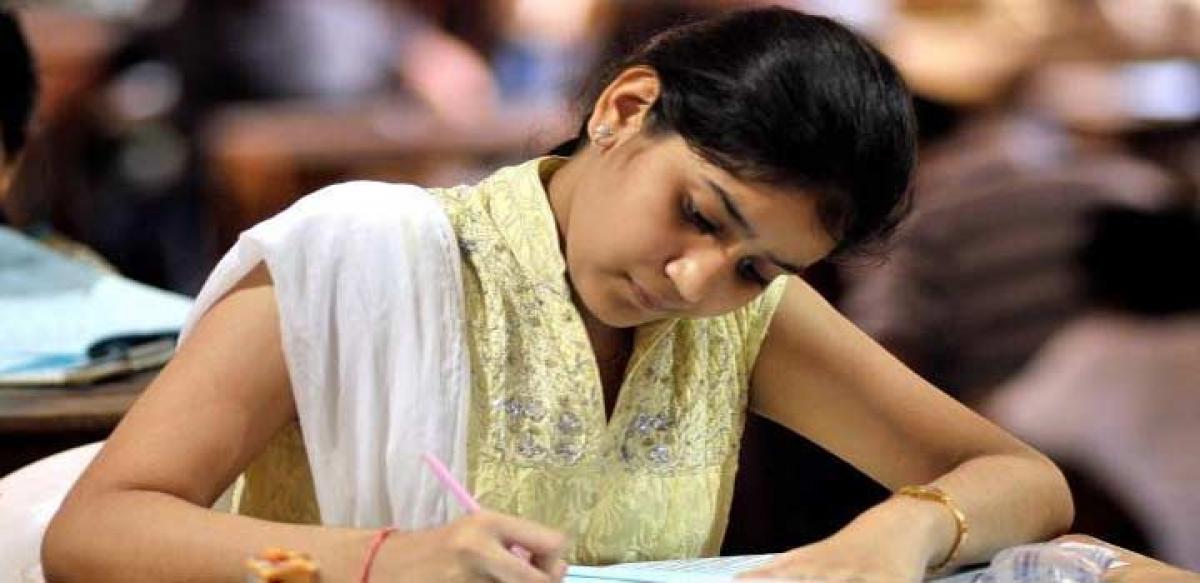What is Self attestation

What is Self attestation. Whenever one has to appear for a job interview, apply for a passport or open a bank account, getting the documents attested by a gazetted officer or any authorised signing authority has always been a big hassle.
 Whenever one has to appear for a job interview, apply for a passport or open a bank account, getting the documents attested by a gazetted officer or any authorised signing authority has always been a big hassle. However, these cumbersome preconditions like attestations and affidavits are undergoing a landmark reform. Self-attestation is the buzzword. It is an essential method to affirm that the copies of documents presented as proofs of one’s identity and whereabouts are true and original. In a country which still functions on paperwork, a lot of documents have to be submitted along with every form we fill.
Whenever one has to appear for a job interview, apply for a passport or open a bank account, getting the documents attested by a gazetted officer or any authorised signing authority has always been a big hassle. However, these cumbersome preconditions like attestations and affidavits are undergoing a landmark reform. Self-attestation is the buzzword. It is an essential method to affirm that the copies of documents presented as proofs of one’s identity and whereabouts are true and original. In a country which still functions on paperwork, a lot of documents have to be submitted along with every form we fill.
Recently, the Government of India asked all its departments and State Governments to make provisions for self-certification and accept documents, which are self-attested, as a confirmation of identity in place of attestation by a gazetted officer. This practice has already been adopted by some of the Central Government agencies and is being introduced in various states gradually. Even the University Grants Commission (UGC) has issued special instructions regarding abolition of affidavits and adoption of self certification. This move comes as a big relief not only to the students but also to all the individuals associated with the academics. Self-attestation would save time and money as people will not have to chase officers for attestation of documents.
It might seem risky as not all self-attested documents will be true but this puts the blame directly on the person who is attesting false documents. The advantages of self-attestation are that the public agencies can impose penal liability for making wrong statements in terms of suspension of the services (suspension of ration card facilities, disconnection of power supply, etc.). There appears to be no legal problem in adopting this practice. The Indian Penal Code contains a number of Sections such as 177, 193, 197, 198, 199 and 200.














